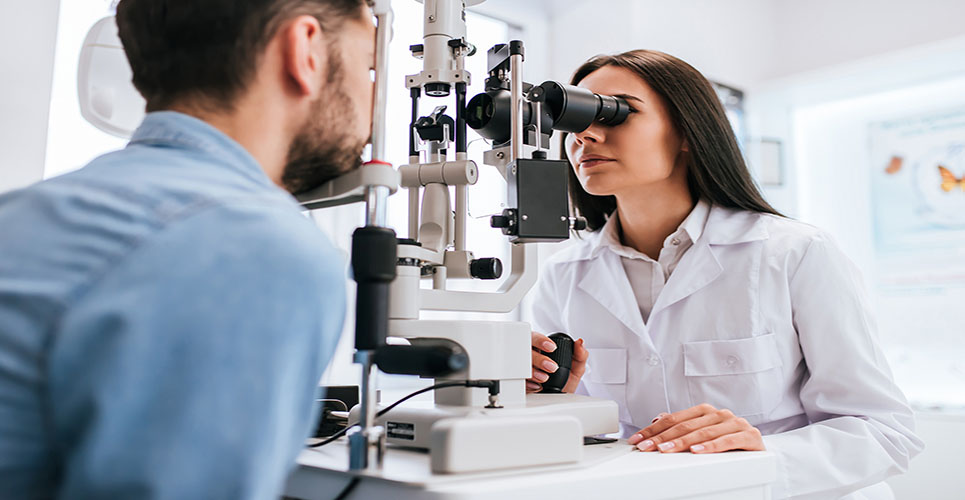teaser
The European Alliance for Access to Safe Medicines (EAASM) is calling for urgent measures to protect patients in the wake of the recent company-led recall of Avastin by Moorfields Pharmaceuticals.
The precautionary recall of 27 Avastin batches was issued after an increased number of reports of suspected sterile endophthalmitis were received.
Endophthalmitis is an inflammatory condition of the internal coats of the eye which is usually caused by infection. Endophthalmitis may also result from toxic agents or from retained native lens material after an operation.
There has been much debate about the widespread practice of using Avastin (a medicine licensed for the treatment of various cancers) as an unlicensed treatment in ophthalmology. A key argument against its use is that bacteria can be introduced during the compounding process.
Speaking on the eve of an event in the European Parliament where he will highlight the issue to an audience of MEPs, the Chair of EAASM, Jim Thomson, said: “We are not just heading for a healthcare system where economic factors are placed before patient safety and choice, we are already there.
“What we have here is a medicine, compounded by one of the world’s leading eye hospitals, being used for a condition for which it is not licensed, in preference to the licensed alternative. This is about money, pure and simple, but at what price? Patient safety? What price is a patient’s sight worth?”
At a recent seminar in the Houses of Parliament, chaired by Rt Hon Mark Simmonds MP (Conservative, Boston and Skegness), experts put forward recommendations to address this problem.
The EAASM stated that there is an urgent need to address patient safety issues around the use of unlicensed and off-label medicines, which should only be used in cases where there is no licensed product available that meets the medical need.
The group also made the following recommendations:
· Establish a framework to research and publish the number of adverse events related to unlicensed or off-label use of medicines
· Introduce a professional Code of Practice to govern mandatory reporting of adverse events related to unlicensed or off-label use of medicines
· Improve public awareness so that patients are aware of when they are prescribed an unlicensed or off-label medicines, how to make sure that adverse events are reported, and that they give their consent for those medicines to be used
Despite the safety concerns of using unlicensed medicines, the GMC is presently considering changing its guidance on the use of unlicensed medicines to allow doctors to make decisions based on cost.
A draft of the GMC proposals which were released in 2011 also suggests that doctors may not have to inform the patient being treated if they intended to use an unlicensed medicine.
Jim Thomson comments: “The very idea that a healthcare professional could prescribe an unlicensed medicine to a patient without his or her fully informed consent, is unthinkable. The EAASM is extremely concerned that there are so few safeguards in place currently, without removing those that there are.
“We met with the MHRA recently and they assured us that they plan to strengthen the adverse drug reaction reporting requirements in this area. That is extremely welcome. We also plan to ask the European Parliament to incorporate a clause specifically dealing with unlicensed medicines, within its Pharmacovigilance Directive, currently under review.
“Meanwhile patients should, of course, be fully informed and, together with their healthcare professional, make choices that are based on the best treatment option, rather than the cheapest.”

